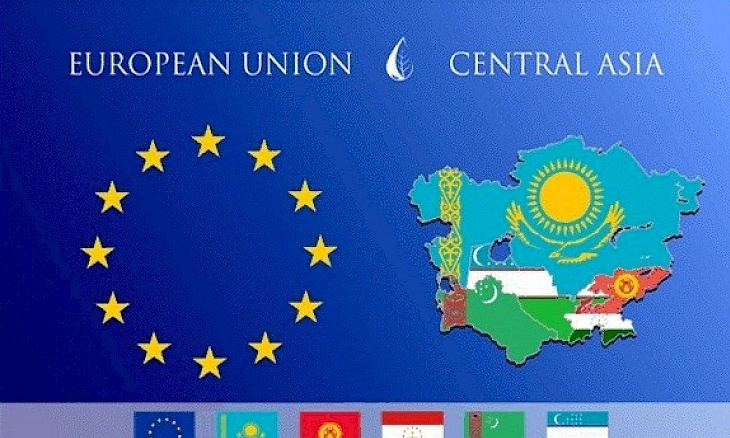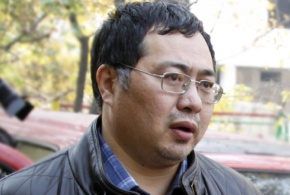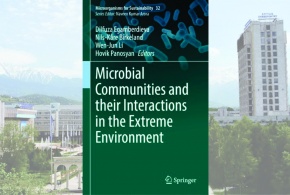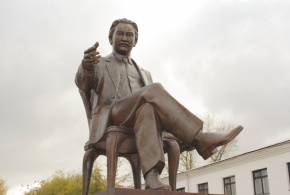
The program of transition to green economy has been launched in Central Asia, Asia plus reports.
To support sustainable consumption and production (SCP) and the transition to green economy in Asia, the European Union (EU) SWITCH-Asia Program that was launched in 2007 has been extended to Central Asia this year.
Co-organized by the SWITCH-Asia SCP Facility, the European Commission, Directorate-General for International Cooperation and Development, and concerned European Union Delegations, the event has brought together representatives of national governments, EU Delegations, United Nations agencies, and key stakeholders to discuss challenges and opportunities related to SCP and define its work plan for Central Asia’s nations (Kazakhstan, Kyrgyzstan, Tajikistan, Turkmenistan and Uzbekistan) for the next three years.
The urgent need to change from unsustainable consumption and production patterns to a green economy and sustainable development is increasingly being recognized. This shift requires adequate policies, implementation mechanisms with appropriate enabling capacity, awareness raising and education, together with innovation and responsibility.
The transition to sustainable consumption and production requires political, economic, institutional, behavioral and technological shifts. These are made possible through a combined application of sustainable consumption and production principles, approaches and strategies.
Speaking at the event, Ms. Zulfira Zikirna, Key Expert for Central Asia, SCP Facility SWITCH-Asia Program, in particular, noted that there is a three-year system work to be done with the governments of the region within the framework of the program. “It is already the fact that the countries have outlined the way to green economy”, - she said.



















 Сот белсенді Ермек Нарымбайдың мерзімінен ерте босап шығу туралы өтінішін орындамады
Сот белсенді Ермек Нарымбайдың мерзімінен ерте босап шығу туралы өтінішін орындамады
 Poverty and misery of …. “terrorists”
Poverty and misery of …. “terrorists”
 SCIENTISTS OF THE KAZNU ARE INVESTIGATING THE PROBLEM OF SURVIVAL OF MICROORGANISMS IN EXTREME CONDITIONS
SCIENTISTS OF THE KAZNU ARE INVESTIGATING THE PROBLEM OF SURVIVAL OF MICROORGANISMS IN EXTREME CONDITIONS
 "Atomic" exam for officials of Kazakhstan
"Atomic" exam for officials of Kazakhstan
 Faculty of Journalism of the Al-Farabi Kazakh National University held an annual scientific and practical conference «Bekhozhinov readings»
Faculty of Journalism of the Al-Farabi Kazakh National University held an annual scientific and practical conference «Bekhozhinov readings»
 Kazakhstan signed an agreement with Russia on the allocation of vaccine against coronavirus
Kazakhstan signed an agreement with Russia on the allocation of vaccine against coronavirus